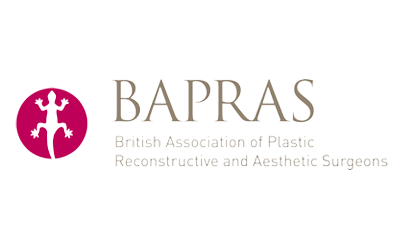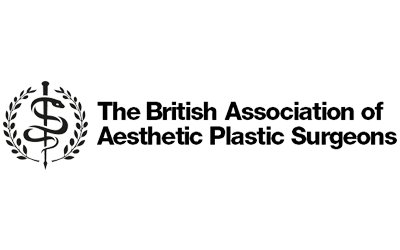What is elective surgery?
The opposite to emergency surgery, elective surgery is any surgical procedure that is planned in advance. Classified as non-emergency procedures, elective surgery may be either medically required, for example procedures such as tonsillectomies, or optional, such as cosmetic treatments.
Why is elective surgery necessary?
Elective surgery may extend the life of a patient, or improve their quality of life physically and/or psychologically.
Cosmetic procedures such as facelifts, tummy tucks or nose surgery may not be medically necessary, but they may benefit the patient by raising their self-esteem.
Other elective procedures such as cataract or laser eye surgery ultimately improve an individual’s functional quality of life, even though they are technically regarded as an ‘optional’ or elective procedure.
While, in some instances, elective surgery may be a life saving procedure such as an angioplasty, the surgery is usually scheduled at a time to suit the patient, rather than being performed as an emergency, in cases such as appendectomies.
What are the main types of elective surgery?
The full list of elective surgery procedures is extensive, but includes:
- Cosmetic surgery – which improves appearance and in some reconstructive cases, physical function
- Refractive surgery – laser surgery for vision correction
- Gynaecological surgery – may be medically necessary or optional, such as hysterectomy and tubal ligation
- Exploratory or diagnostic surgery – to determine the origin and extent of a medical problem, or to take a biopsy of tissue samples
- Cardiovascular surgery – non-emergency procedures to improve blood flow or heart function, such as angioplasty or fitting a pacemaker
- Musculoskeletal surgery – orthopaedic surgical procedures, such as hip replacements
- Elective cosmetic surgery
Examples of elective surgery offered at Karidis
The majority of cosmetic surgery procedures are elective. Whilst there are many types of elective cosmetic surgery available, popular procedures include:
- Abdominoplasty – also known as a ‘tummy tuck’, this procedure sculpts and reshapes the abdomen
- Blepharoplasty – eyelid surgery which involves reshaping the eyelids
- Breast augmentation – involves the enlargement of the breasts using either saline or silicone gel implants
- Buttock augmentation – involves enhancing the size and shape of the buttocks, either using silicone implants or fat grafting and transfer from other areas of the body
- Chin augmentation – sculpting or reshaping the chin with a silicone implant
- Cheek augmentation – sculpting the cheeks
- Facelift – or rhytidectomy, this procedure tightens and lifts the muscles beneath the skin of the face, whilst removing or repositioning sagging skin
- Gynaecomastia – reduces the glandular component of male breasts
- Fat removal surgery – targeted removal of fat from the body using a cannula and vacuum
- Mastopexy – also known as a breast lift, this procedure raises and reduces sagging breasts
- Mesotherapy – an alternative to liposuction, this procedure involves fluids being injected to break down and dissolve any fat
- Neck lift – removes excess fat and sagging skin and tightens the muscles beneath the skin of the neck. This procedure is often performed in conjunction with eyelid or forehead surgery
- Rhinoplasty – reshaping of the nose
- Otoplasty – also known as pinnaplasty, this procedure improves the position and shape of the ears
- Thigh lift – lifts and tightens any loose skin on the thighs and reduces excess skin, resulting in a firmer, smoother shape
Non-surgical procedures
Some elective cosmetic treatments are classified as non-surgical, including:
- Dermal fillers – enhance the appearance of the skin using collagen, fat or other tissue filler such as hyaluronic acid
- Laser resurfacing -improves the appearance and texture of the skin
- Wrinkle smoothing – injections to temporarily improve early signs of aging and achieve a smoother more youthful appearance
Is elective surgery right for me?
Before you commit to any surgical procedure, you should have a full consultation in order to understand what the procedure involves, aftercare and the expected outcome. This will help you determine if it is the right choice for you.















